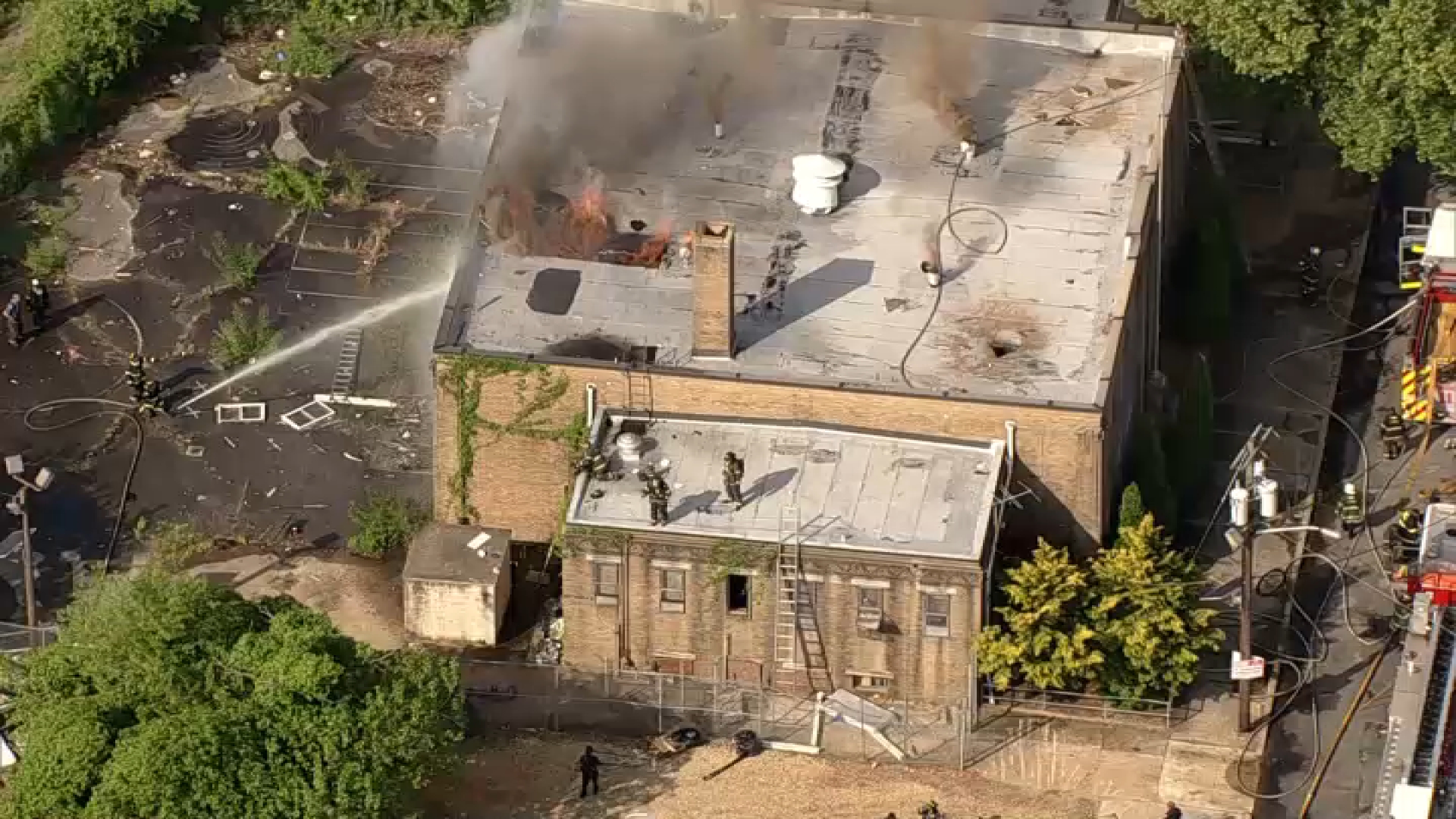Mike and Sheila Phillips don't have much in common.
"I'm a 'get it done now' type, and my wife is a little more laidback," Mike said.
The happily married couple of 46 years describe their relationship as a classic case of "opposites attract," except for one unfortunate commonality: They both suffer from chronic kidney disease and are desperately seeking donors.
"Doctors have told us it is not unprecedented but really rare for a husband and wife to both need organ transplants," he said. "So if I have to stand in front of a shopping center with signs saying 'Hey buddy, I need a kidney,' I'll do it."
Mike and Sheila, both 68, of Warminster, Pennsylvania, both have chronic renal insufficiency, a form of kidney failure that prevents the organ from completing its normal functions, such as blood pressure control and removal of waste and excess water. But their cases are slightly different.
Mike has already had both of his kidneys removed due to a previous cancer diagnosis and is currently undergoing dialysis, a treatment that simulates the actions of a healthy kidney. Sheila has Stage 3 kidney failure, a phase that can circumvent dialysis with proper treatment.
Both are hoping that a willing donor will put an end to what they say has been a life-altering and expensive ordeal.
Local
Breaking news and the stories that matter to your neighborhood.
For Mike, life without kidneys means limiting his work hours as a consultant for a senior housing company to two days a week. He spends, on average, as many as five hours, three days a week, in the hospital undergoing dialysis.
"Some days I still work. On the other days I really feel lousy," he said. "Sometimes I'm just curled up in a fetal position waiting for my body to catch up with the treatment, because in four hours it's doing what a healthy kidney does in two or three days. It's draining."
Dialysis comes with co-pays and expensive medications, too, Mike said. He and Sheila spend roughly 30 percent of their income on maintaining their health care.
Sheila, a retired medical assistant, said she spends most of her days trying to schedule around her husband's dialysis treatments.
"I can't plan anything, because we don’t know how he's going to be feeling, whether it's going to be a good day or not. It has changed our lives," she said. "I've watched him suffer. If that's what it comes to, I'm hoping dialysis will be a little more kind to me than its been to him."
While it is somewhat uncommon for a couple to be diagnosed with the same disease, Mike and Sheila are not alone. More than 100,000 people in the U.S. are currently awaiting kidney transplants, according to the National Kidney Foundation. Last year, 3,381 patients died while waiting for a donor.
Sheila says the possibility that she or her husband may die while waiting for a donor is a harsh truth that they both have learned to accept.
"We are well aware that many people die, and that there are far more people needing organs than there are organs available. So it's unfortunately a reality we just live with," she said.
Thomas Jefferson University Hospital Director of Nephrology Jerry McCauley says long-term dialysis treatment may be as big a worry for patients as the possibility of dying.
"It's a common disease, and it increases in prevalence as people get older," McCauley said. "For kidney disease, mercifully, we have dialysis, so the likelihood of surviving is greater than the likelihood of dying. It's not as much an issue of dying on dialysis while waiting for a donor; it's staying on dialysis for such a long time."
Mike and Sheila say they're remaining hopeful that a donor will come along soon. Mike has been registered in the Hahnemann University Hospital Kidney and Pancreas Transplant Program for nearly three years. Sheila is currently being evaluated to be placed on the same list.
Anyone seeking more information about becoming a donor for Mike or Sheila can contact Hahnemann Hospital's transplant coordinator Belinda Florence at belinda.florence@tenethealth.com.



